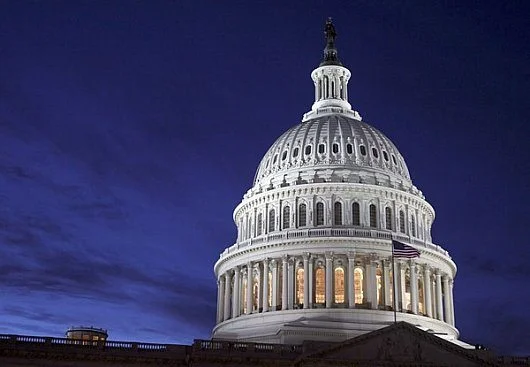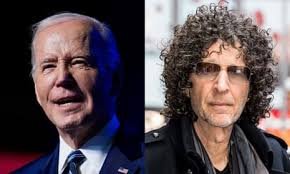As Gas Prices Surge, We Need to Have a Conversation … about Cartels
Oil prices hit a 6-year high this week as talks between OPEC and its allies (collectively known as OPEC+) broke down. The intergovernmental organization was expected to establish higher output targets among its member nations to meet the increasing global demand for oil, but talks were abandoned after Saudi Arabia and the United Arab Emirates failed to resolve a dispute over oil production levels.
Though oil is always a tricky market, it has been especially difficult to navigate during the pandemic. “OPEC+ took historic measures in April 2020 and removed nearly 10 million barrels per day of production in an effort to support prices as demand for petroleum-products plummeted,” CNBC reports. “Since then, the group has been slowly returning barrels to the market, while meeting on a near monthly basis to discuss output policy.”
However, even with the increasing supply, oil prices have risen 57 percent in 2021 as the surge in demand has outpaced production. And now that talks about raising output have broken down, many analysts are predicting even higher prices.
“With no increase in production, the forthcoming growth in demand should see global energy markets tighten up at an even faster pace than anticipated,” analysts at TD Securities wrote in a note to clients. “The summer breakout in oil prices is set to gather steam at a fast clip.”
Indeed, higher oil prices have already been evident at the pumps. “Over the Fourth of July weekend, people experienced the highest gasoline prices in roughly seven years,” the Washington Examiner reports, “with a national average of more than $3 per gallon, according to AAA.”
Now, if it seems odd that this one group has so much power over the oil industry, well, it should. Though the rhetoric of “managing production levels” and “coming to a diplomatic agreement” may sound innocuous, the reality is that the whole thing is a thinly veiled cartel consisting of 13 of the world’s largest oil-exporting countries, headed up by Saudi Arabia.
Officially, the mission of OPEC (the Organization of the Petroleum Exporting Countries) is “to coordinate and unify the petroleum policies of its Member Countries and ensure the stabilization of oil markets in order to secure an efficient, economic and regular supply of petroleum to consumers, a steady income to producers and a fair return on capital for those investing in the petroleum industry.”
In practice, what this means is that the organization coordinates restrictions in oil production among its member nations so that global oil prices can be artificially increased. Though they do not have complete control over the global oil market, they do have a fair amount of influence, commanding roughly 80 percent of the world’s proven oil reserves.
Regrettably, the extent of this influence means that oil prices (and subsequently gas prices) are dictated far more by geopolitics than by supply and demand. So, whereas free markets would lead to a greater abundance of oil and hence lower prices, the artificial scarcity imposed by the cartel means that consumers have to pay more.
Now, one of the funny things about this whole topic is that, at least for me, the moment I hear the word “cartel” my mind goes to Mexican drug cartels. I picture gangsters with guns, drug lords, black markets, and all sorts of nefarious practices. I think about how gangs establish “territories” and use force to eliminate their competition.
But if you think about it, there are many kinds of cartels that governments actually support or even facilitate (just substitute the word jurisdiction for territory). Of course, the government is more professional about it, and they have a perceived legitimacy. But economically, the results are strikingly similar.
After all, a cartel is just “an association of manufacturers or suppliers with the purpose of maintaining prices at a high level and restricting competition.” If we’re being honest, this is an accurate description of the American medical system, the taxi industry, Canada’s dairy industry, and numerous other industries. Though these systems operate very differently from one another, they all serve to restrict competition with the result of artificially inflating prices.
So as our gas prices are yet again subject to the whims of politicians, perhaps we should take a moment to reflect on the fact that cartels are as much a problem here at home as they are in the global oil market. And in light of that reflection, it’s worth asking ourselves if we really want to live in a world where competition is forcibly stifled so that a few producers can benefit at the expense of everyone else.
This article was originally published on FEE.org




